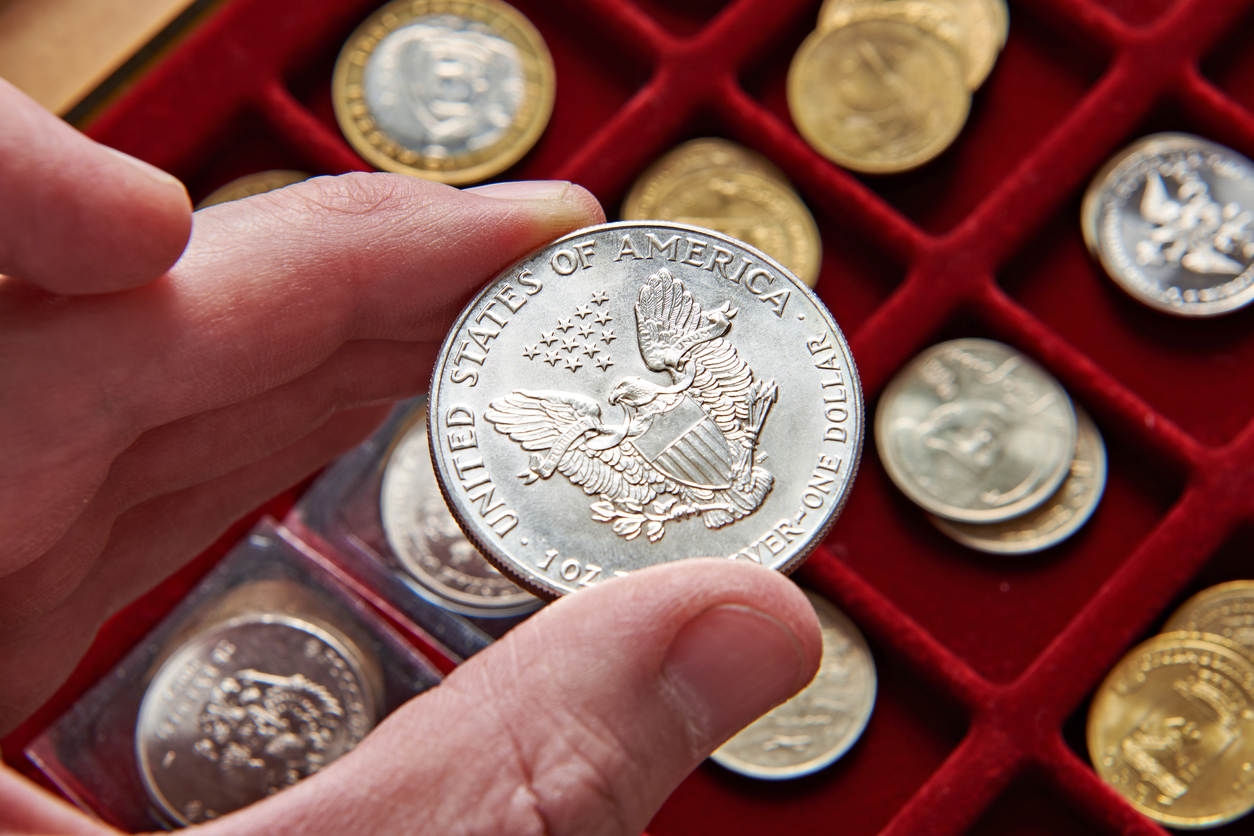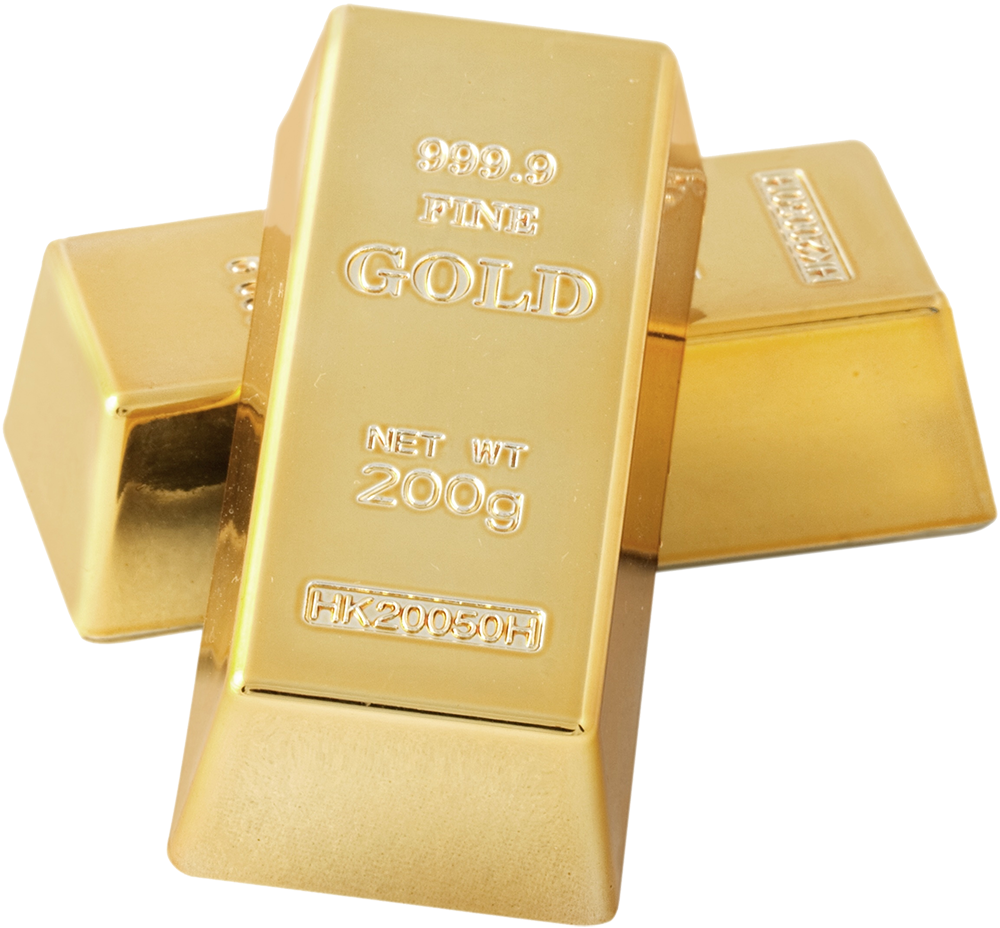If you’re looking to sell coins in Bucks County, you might think “I should clean them first.”
This would be unwise.
We can see what would drive people to do this. After all, if you owned, say, a vintage 1969 Mustang, you’d want to make sure it was polished before taking it to a car show.
So why is cleaning coins a bad idea? Because an improper cleaning can damage the coin’s surface and lower its value.
If you’ve inherited a coin, or find an old coin somewhere, do not clean it. And never attempt to clean the natural oxidation – such as tarnish on silver — that forms naturally on coins. Your coins will be worth more with this untouched, and removing it can damage the coin’s surface.
How not to clean coins
If you have newer coins, and insist on keeping them clean, here’s what you shouldn’t do:
- Don’t use metal polish – This might seem like one of the most obvious ways to clean coins. After all, they’re made of metal. But these cleaners are often made with caustic chemicals that can do serious, and permanent, damage to a coin.
- Don’t use toothpaste – Toothpaste is extremely abrasive. It can make your coins appear shiny, but cause significant damage to the surface.
- Don’t use ketchup – You might have learned in science class that dipping a penny in ketchup can restore their shine. But ketchup has a lot of acid, which can wash away the coin’s patina and lower its value.
- Don’t use vinegar and baking soda – When put together, these two common household items create a potent, fizzy mixture that can clean dirt from coins. But like other things on this list, it can eat away at the coin’s patina and wreck its value.
So how DO we clean coins?
Start by washing your hands, so you won’t get dirt and oil on your coins. Put down a soft towel where the coins can dry, and fill a small plastic container with warm tap water and another container with distilled water.
Add a small amount of liquid soap to the warm tap water, and immerse the coin. Very gently rub both sides between your fingers, using an outward pattern. Do this one at a time, to keep the coins from scratching each other.
Rinse the coin under warm running water to remove soap residue. Again, be gentle. If you feel grit on the coin, just move it back and forth under the water rather than rubbing it.
From there, swirl the coin inside the distilled water to remove any chlorine residue from your tap water. At this point, you should only hold the coin by its edges.
Finally, let the coins dry on the towel. You should try to let them dry on their own. Never rub a coin to dry it. At most, pat it dry with a soft cloth towel or lint-free tissue. Make sure coins are completely dry before storing them.
Are you trying to sell coins in Bucks County? Do you need advice on how to care for the coins you have? Doylestown Gold Exchange can help.
For nearly 25 years, we’ve helped Bucks County residents get the most value for their gold and silver coins. Visit us online or in our store to learn more. And once again, really: Don’t clean very old coins.


